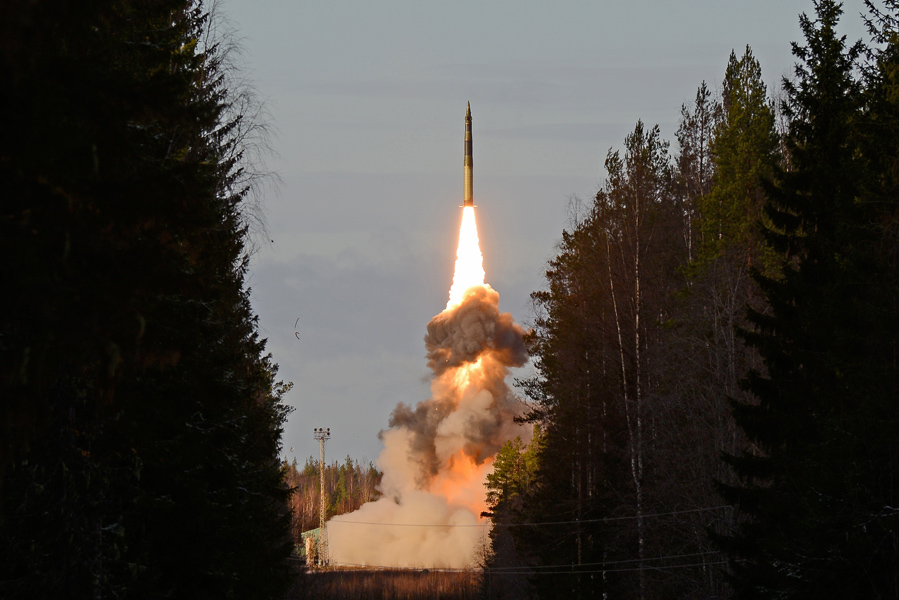
Russia Monitor is a review of the most important events related to Russian internal and external security, as well as its foreign policies.
Date: 28 January 2021
Putin, Biden Agree To Extend New START Treaty
The United States and Russia have agreed to extend the New START, an arms control treaty, by five years, marking number one news after Joe Biden’s first phone call as president with Vladimir Putin. This yet does not mean any breakthrough in U.S.-Russia ties as at the same time, Biden raised concerns about the arrest of Russian opposition figure Alexey Navalny and Russian aggression on Ukraine.

Signed in 2010, the New START pact was due to expire in early February 2021. The Kremlin was seeking to extend the treaty as it was signed, without any changes. Yet the Donald Trump administration had wanted to attach some new conditions to a possible renewal, thus pushing the deal into a deadlock. Moscow saw a new U.S. president as a chance to extend the deal on its terms after what Biden had promised during his campaign. He kept that promise in his first week of office. The decision to extend the New START arms control pact until February 5, 2026, came shortly after a phone call that Biden and Putin had had on January 26. This is what Russia was just looking for. The next morning, both houses of Russia’s parliament voted unanimously to extend the treaty. Moscow said the deal was extended on its terms, thus without any preconditions. Deputy Foreign Minister Sergei Ryabkov said that Russia’s Avangard hypersonic glide vehicle could be counted along with other Russian nuclear weapons under the treaty. Russia depicts the extension as its success while apparently testing the limits of both weaknesses and strengths of the newly sworn U.S. administration. As far as the verbal component is concerned, Moscow did not show any eagerness to improve ties with Washington. Ryabkov told the State Duma that Russia might withdraw from the New START deal if the United States performs any deeds Moscow could find “destructive” or in case of any attempts to “undermine the security” of the Russian Federation. Ryabkov also said that Moscow seeks to toughen its stance on arms control in the future. For his part, Putin’s spokesman Dmitry Peskov commented on the issue, saying that “conditions have not been created yet to reset.” “Yet” is a key word here, showing the Kremlin’s readiness to warm up its ties with Washington, but on its terms – like back when Barack Obama was in office. It is worth remembering that the New START has its roots in the reset policy. Moscow expects that the United States make concessions not so much on issues like Nord Stream 2, but those being far more significant and of strategic importance, with Ukraine being highest on the agenda. Not incidentally, while quoting severe discrepancies that surfaced during the Putin-Biden call, Peskov said there is an “obstacle”, which is a different view on the conflict in Ukraine. This came evident in press releases published by Washington and Moscow immediately after the phone call. The Kremlin named the Donbas fighting as “Ukraine’s domestic conflict” while the White House referred to it as “ongoing aggression from Russia” against Ukraine.
Support Us
If content prepared by Warsaw Institute team is useful for you, please support our actions. Donations from private persons are necessary for the continuation of our mission.
All texts published by the Warsaw Institute Foundation may be disseminated on the condition that their origin is credited. Images may not be used without permission.

















